These three words, “what causes addiction” elicit such a divisive response in a question that seems to evade a clear answer. The cause of addiction continues to elude research for a finite answer, but we want to examine the information we can find- and the impact of holistically considering your existence for its sum instead of its parts.
What does “addiction vulnerability” mean?
Put simply, addiction vulnerability is the term used to describe the risk factors that you’ve experienced that often lead to substance misuse. It’s important to know and understand so that measures can be taken to support potential addiction before it becomes a greater problem.
When you’re vulnerable to something, there’s a higher risk it could impact you and, if it does, that it will be a more difficult battle to overcome. This correlates to the lifetime risk of experiencing addiction, though it doesn’t definitively determine who may or may not struggle with substance misuse.
Identifying addiction vulnerability can help to track risk, monitor progress, and proactively safeguard against dangerous risk-taking behaviors. There’s not yet a comprehensive idea of everything that contributes to someone’s addiction vulnerability, but neuroscience is working to develop an inclusive picture to try to inhibit risk where possible. What we do know is that there are three main factors that contribute to primary addiction vulnerability.
The three-factor model of addiction
Most research concludes that a three-factor model of addiction is the most supported inventory of risk we have right now. While these factors do not account for every person who misuses substances, and can’t be an exclusive guide to what someone may experience, it does offer a glimpse into understanding how addiction occurs. These factors consider what you experience (exposure), where you grow (environment) and what you’re made from (genetics). Let’s take a closer look at each of these.
 Environment
Environment
When you live in physical or emotional spaces that create high-stress scenarios, your environment may contribute to addiction risk. This doesn’t simply refer to the geographical location of your lived experience, but also the tone of the spaces you take up and the interaction of others around you.
The mind is neuroadaptive, meaning that when something bad continually happens to induce stress or adrenaline, your mind will begin to rewire itself to help you cope. Above all, your brain is working hard to help you survive. Sometimes the way it goes about that is by creating a desire for escape or clinging to experiences that help you to forget your trauma or dull the pain of a difficult environment.
Genetics
You’re born with a universe of science coded into your bones. Every cell in your body carries the map of what you’re made of—your genetic code. Inherited from the people who gave you life, your genetic makeup can play a part in the cause of addiction.
There’s a lot of contention around just how much genetics play into addiction risk, and reports claim it’s somewhere between 40-60% tied to the risk of substance misuse, with an even greater risk to those born to people who struggle with addiction.
It’s difficult to separate the added risk of having addicted parents from other factors like the exposure it brings, but there is no doubt that the science of your cells can contribute to the cause of addiction.
Exposure
This one ties heavily into the two that came before it, strengthening the case for your environment and genetics even as it expands on them. What you see happening around your formative years helps to develop your sense of acceptable behavior.
From the risks you take to the values you hold, you begin to develop your sense of behavior based on what you are exposed to. Was drinking commonplace in your home? Were you exposed to drug use in the media you watched or social circles at school? These things are all a part of the exposure factor of addiction.
You are not a product of your risk, you can find healing
There is no formula to determine who will develop an addiction, or how we can help precisely. This is because we are not formulaic beings. You are not a series of numbers to be put into a machine and output an exact answer. You are a spiritual, emotional, and incredible being made up of not just these parts but so many others that cannot be measured.
There is no moral failing or finger of blame to point at those who develop addiction in their lifetime, and you will find no fault placed for the things that have happened to you. We are not here to judge, but we are ready to help you heal and understand how you got here. You deserve support. You deserve answers. We are here to offer both.


